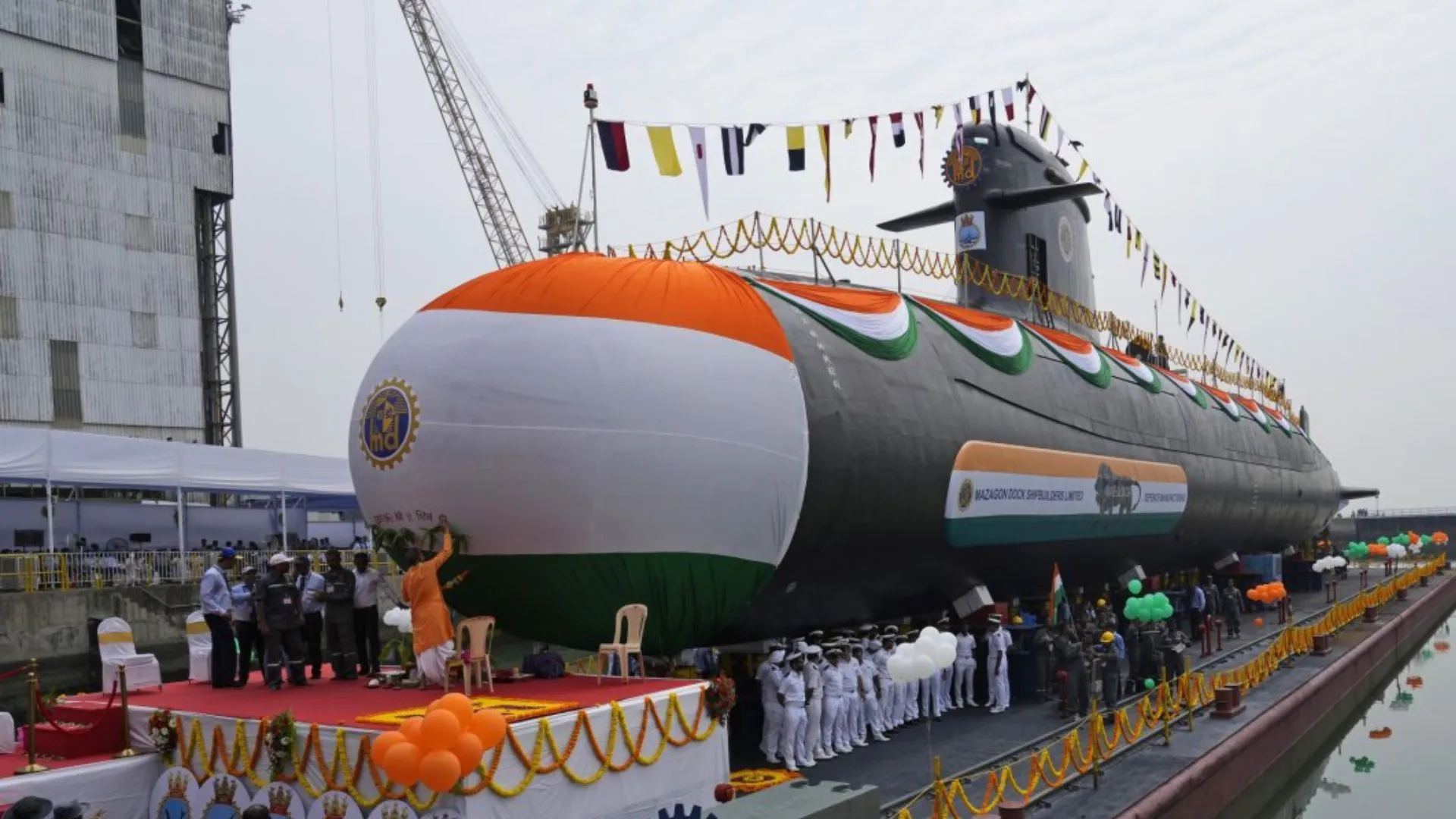In a significant move to enhance the capabilities of the Indian Navy, Defence Minister Rajnath Singh recently launched India’s fourth nuclear-powered ballistic missile submarine at the Ship Building Centre (SBC) in Vishakhapatnam. This submarine, currently designated as S4, boasts an impressive 75% indigenous content, reflecting India’s commitment to self-reliance in defense production.
The launch, which took place on October 16, is part of a broader strategy to bolster the submarine fleet and provide a robust nuclear deterrence against potential adversaries. This enhanced fleet will also ensure the security of India’s vast coastline. The introduction of S4 comes alongside ongoing production of the third nuclear-powered submarine, INS Aridhaman, which is set to be commissioned next year.
The need for an expanded submarine fleet was underscored when the Cabinet Committee of Security (CCS) approved the development of two additional nuclear-powered attack submarines on October 9. This decision is part of India’s strategic response to the evolving defense landscape in the Indo-Pacific region. With the commissioning of two previous submarines, INS Arihant and INS Arghat, the Indian Navy is steadily augmenting its underwater capabilities. INS Arighat was commissioned in August of this year, while INS Aridhaman is on track for commissioning in 2024.
MUST READ: Maha Assembly Polls: Pawar And Uddhav To Join Vital MVA Meeting To Break Seat-Sharing Deadlock
In addition to the submarine launch, Rajnath Singh laid the foundation stone for a Very Low Frequency (VLF) Station in Vikarabad, Telangana, just a day prior. This new facility aims to facilitate secure, real-time communication between naval vessels and command centers, further safeguarding India’s maritime interests. Singh emphasized the importance of collective maritime security, stating, “The Indian Navy is the biggest guarantee of peace in the Indian Ocean Region. All friendly countries must collaborate to maintain peace and order.”
He added that India’s approach focuses on unity rather than division, cautioning that the security framework falters if any single nation is excluded from collaborative efforts.
As India continues to enhance its naval capabilities and strengthen its defense infrastructure, these developments signal a robust commitment to maintaining security and stability in a complex global environment.
ALSO READ: Delhi Blast: CRPF School Resumes Amid Tight Security





